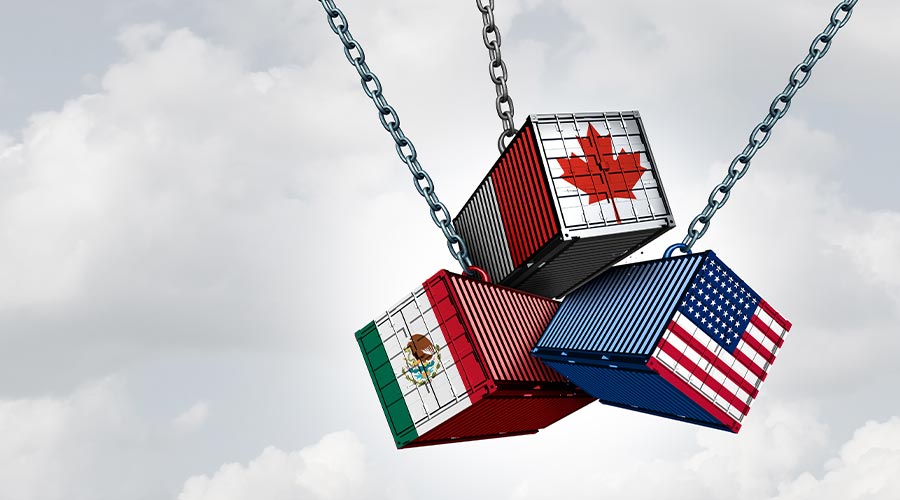
The Trump Administration has decided to table many of the significant “reciprocal tariffs” it proposed against Canada, Mexico, and other prominent nations for 90 days, but the situation remains fluid. Since tariffs imposed by the United States are still on the table, and heightened tax rates are being exercised right now on Chinese imports, it’s important to know how the cleaning industry thinks such practices will impact business. On April 9, CleanLink asked its readers what tariffs could mean for them.
The overwhelming majority of those who responded to the survey believe tariffs would make supply chain disruptions likely. What’s less affirmative is how much potential tariffs could impact the cleaning industry. Respondents were split, with 45 percent saying tariffs would cause a significant hike in the cost of cleaning products and equipment, and 48 percent predicting a moderate rise in cost would occur. The remaining respondents expected a slight increase in prices should sweeping tariffs be imposed.
When asked how the uncertainty of the tariff situation would impact their purchasing decisions, about half of respondents said they would buy as usual but would also be open to trying different brands to satisfy their needs. This trend is reminiscent of the inventory restrictions during the pandemic, which showed positive gains to U.S.-based manufacturers and distributors who sold private label brands.
But not all end users are willing to give up the brands they know and love. About 23 percent said they would buy early in anticipation of changes, but it’s worth again noting these questions were first posed before Trump decided on his new 90-day approach. Twenty percent of those questioned said they would simply buy as normal. A small number of respondents said they would hold off on purchasing until they get a better idea of how things will shake out.
CleanLink’s survey received strong participation from across the cleaning industry. Manufacturers of products and equipment were most represented in the survey, followed by jan/san distributors, in-house facility executives/managers, and building service contractors – in that order.

 The Down and Dirty on Cleaning in Virus Season
The Down and Dirty on Cleaning in Virus Season How Surfactant Use is Expanding in Commercial Cleaning
How Surfactant Use is Expanding in Commercial Cleaning Maximize Your Margins: Learn How to Automate Pricing and Track Rebates
Maximize Your Margins: Learn How to Automate Pricing and Track Rebates